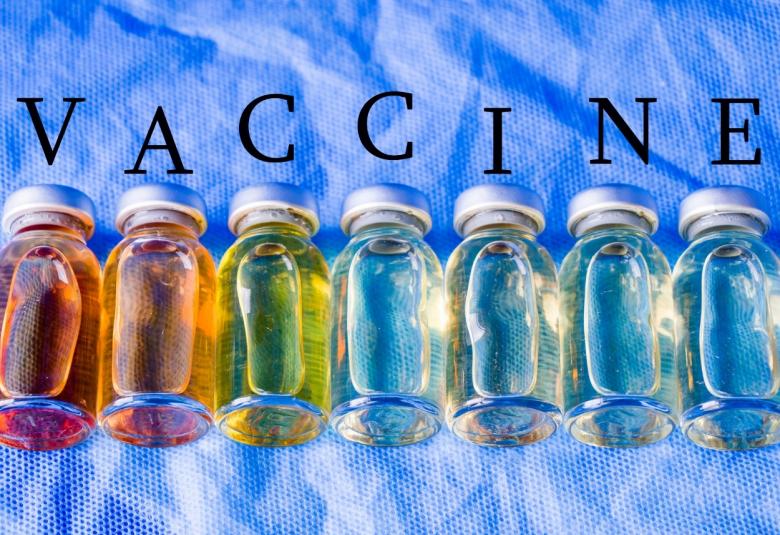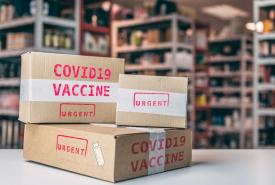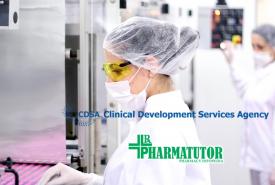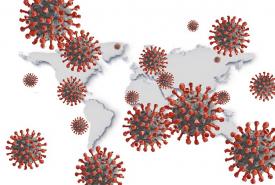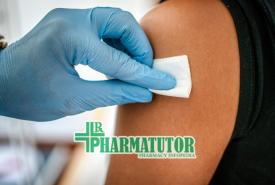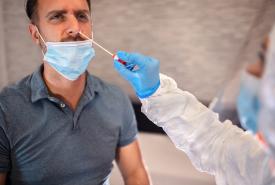India is also providing vaccines to neighboring countries
In this difficult time when the whole world has suffered from an unknown, invisible and unknowable virus COVID-19, India is ready to provide its cut to the world community. India, which has become the Corona vaccine, is running the world's largest vaccination campaign today. Not only this, along with the vaccination of Corona to Indians, India is also providing vaccines to many other countries.


